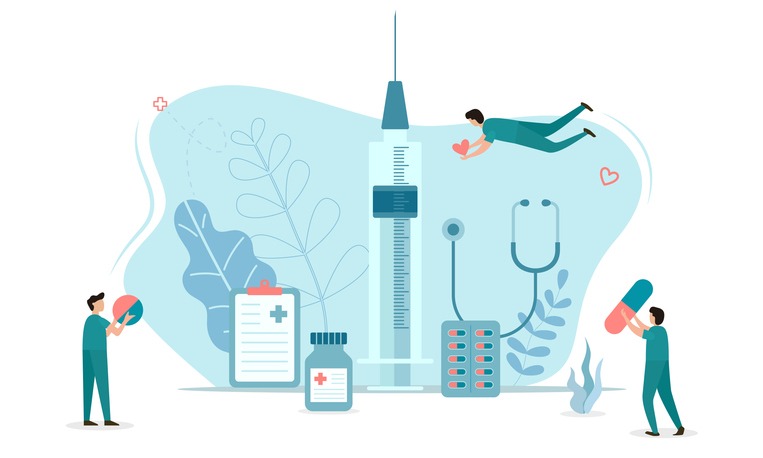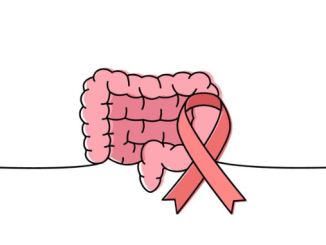As reported by BBC News, thousands of cancer patients to join trials for new mRNA vaccine treatments across England
Thirty hospitals so far have signed up to the Cancer Vaccine Launch Pad.
It is designed to match patients with forthcoming trials using mRNA technology, as found in current Covid jabs.
The vaccines are designed to prime the immune system to recognise and destroy any remaining cancer cells and reduce the risk of the disease recurring.
Elliot Pfebve, 55, is the first patient to be treated with a personalised vaccine against bowel cancer in England.
Elliot, who has already had surgery and chemotherapy, received the jab at Birmingham’s Queen Elizabeth Hospital.
“I feel excited. I did some research about the treatment trial. If successful then it is a medical breakthrough,” he said.
He added: “It may help thousands, if not millions of people, so they can have hope, and may not experience all I have gone through.”
After Elliot’s initial treatment, tests showed that he still had fragments of cancerous DNA in his bloodstream, which puts patients at increased risk of their cancer coming back.
So he signed up to a trial, external of an investigational vaccine co-developed by pharma companies BioNTech and Genentech, which uses the same mRNA technology as in the Pfizer-BioNTech Covid vaccine.
What is a personalised cancer vaccine?
Vaccines are usually designed to prevent disease.
But cancer vaccines are created as a treatment once someone has been diagnosed.
Just as with conventional vaccines, they prime the immune system to look for an enemy, in this case the patient’s cancer.
A sample of Elliot’s tumour was sent to BioNTech’s labs in Germany where up to 20 mutations specific to his cancer were identified.
Using this information, a vaccine was created using mRNA, which contains instructions to Elliot’s cells to produce mutated rogue proteins unique to his cancer cells.
The vaccine acts like a ‘wanted poster’ which unmasks cancer cells which are adept at hiding in the body, only to resurface later.
The intention is that the vaccine will prime his immune system to seek out and destroy any remaining traces of cancer, and so improve the chances of him being cancer free in years to come.



Be the first to comment